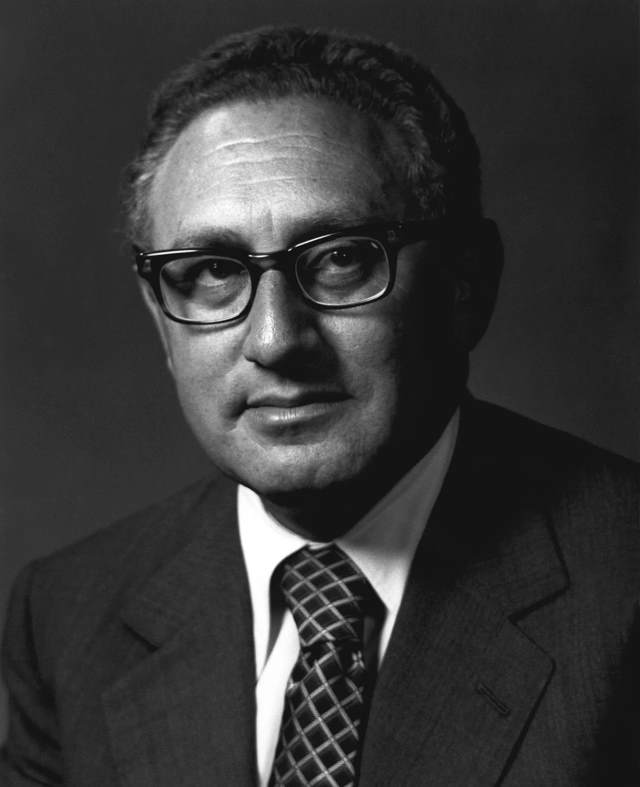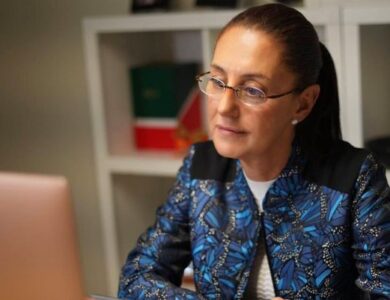Legacy of a Diplomat: Remembering Henry Kissinger’s Impactful Journey

New York-USA- Henry Kissinger, a towering figure in 20th-century diplomacy, passed away at the age of 100 on Wednesday, as confirmed by his family. The influential and controversial statesman served as Secretary of State and National Security Adviser under Presidents Richard Nixon and Gerald Ford, leaving an enduring impact on foreign policy discussions long after his departure from government service in 1977.
Born Heinz Alfred Kissinger in Germany on May 27, 1923, his Jewish family fled Nazi Germany in 1938, finding refuge in New York City. Drafted into the U.S. Army at 19, Kissinger served as a German interpreter, contributing to the arrest of Gestapo members and aiding in the liberation of prisoners from the Ahlem concentration camp. Recognized for his counterintelligence work, he was awarded the Bronze Star before returning to the U.S., where he pursued education at Harvard.
Kissinger’s noteworthy senior thesis, exceeding 400 pages, set a precedent known as the “Kissinger rule” for future students’ thesis lengths. Joining Harvard’s faculty in 1957, he became a consultant to various government agencies, including the State Department.
In 1968, President Nixon appointed Kissinger as National Security Adviser, later serving simultaneously as Secretary of State—a historic first. His diplomatic initiatives with the Soviet Union and China reshaped the Cold War’s trajectory, marked by the Strategic Arms Limitation Talks and the historic opening of U.S.-China relations.
However, Kissinger’s legacy is not without controversy, as his involvement in the bombing of Cambodia during the Vietnam War and alleged support for Pakistan’s genocide in Bangladesh drew criticism. Despite sharing a Nobel Peace Prize in 1973 for Vietnam War negotiations, he faced allegations of prioritizing American interests over human rights.
Post-government service, Kissinger remained a prominent foreign policy figure, advising numerous presidents and offering counsel into his 90s. Former President George W. Bush praised him as “one of the most dependable and distinctive voices on foreign affairs,” noting his wisdom, charm, and humor.
Kissinger’s influence extended beyond national borders, with leaders like President Trump acknowledging his “immense talent” in 2017. Survived by his wife, Nancy, and children Elizabeth and David, Kissinger’s passing marks the conclusion of an era in diplomatic history, leaving behind a complex legacy that encompasses both accolades and criticisms.




